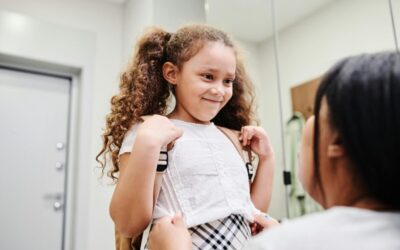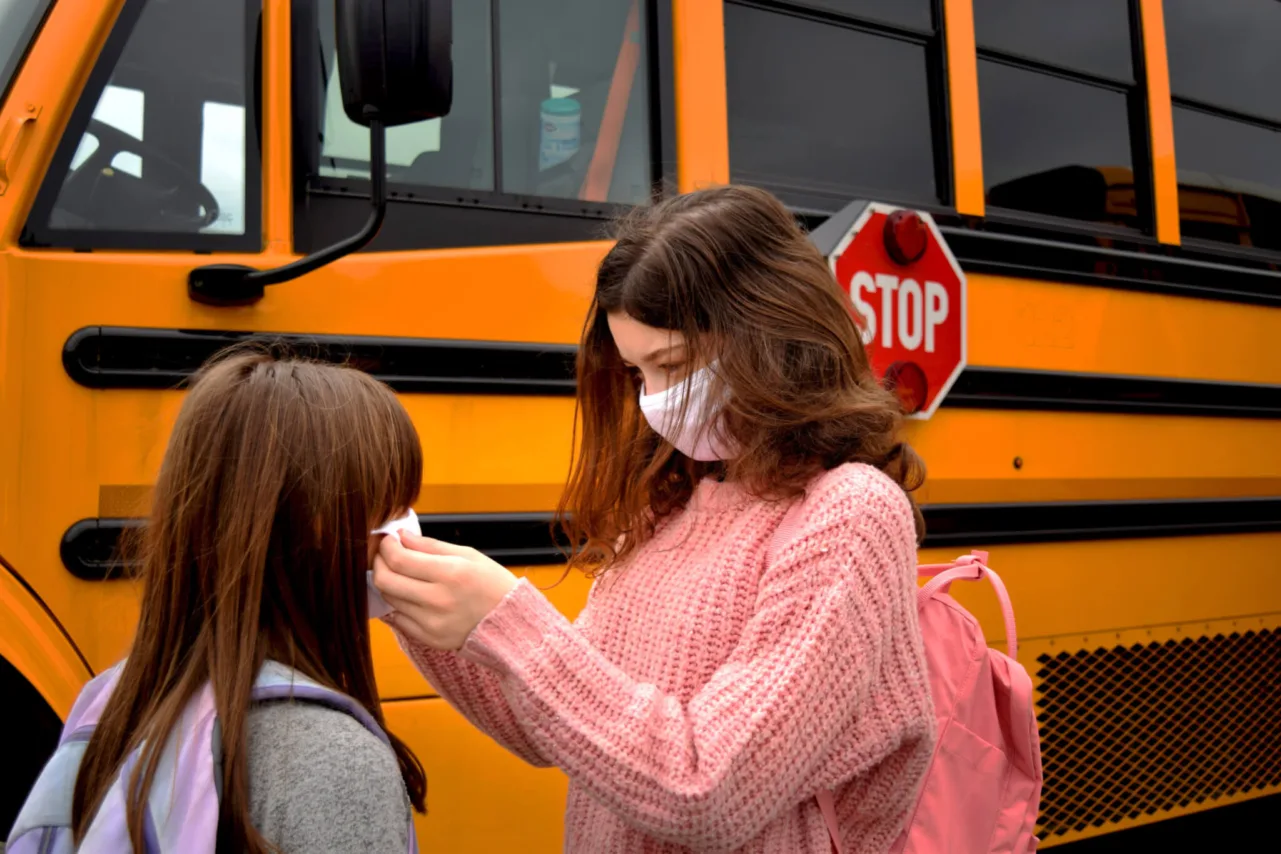
#image_title
Outbreaks at newly reopened schools highlight the enormous challenges districts are facing as they struggle with how to reopen safely without the federal funding necessary to do so.
A Georgia high school that drew national attention last week for images showing unmasked students walking through crowded hallways has temporarily closed its doors after at least nine students and staff members tested positive for the coronavirus.
North Paulding High School in Dallas, Georgia, reopened on Aug. 3, but will shift to online learning on Monday and Tuesday to disinfect the school building and search for other potentially infected individuals, according to the Atlanta Journal-Constitution.
“On Monday and Tuesday, the school will be thoroughly cleaned and disinfected, and the district will consult with the Department of Public Health to assess the environment and determine if there (are) any additional close contacts for confirmed cases who have not already been identified,” Paulding Superintendent Brian Otott wrote in a letter to parents Sunday.
Otott said parents would be notified Tuesday night about whether the school would reopen Wednesday or continue with online learning.
The school’s setback highlights the enormous challenges school districts across the country are facing as they begin to reopen without the federal funding necessary to do so. President Donald Trump has repeatedly pushed for months to reopen schools, but failed to provide adequate federal guidance or funding to do so, causing widespread concern among parents and teachers alike.
RELATED: Only 16% of Parents Support Trump’s Push to Reopen Schools for In-Person Classes
House Democrats passed a bill in May that would have provided schools tens of billions of dollars to prepare to reopen, but Senate Republicans blocked the bill for more than two months, before releasing their own proposal in late July. The two sides were unable to reach an agreement before schools in several states reopened, largely leaving districts to fend for themselves.
The results haven’t been pretty. In Cherokee County, Georgia, a second grader tested positive for COVID-19 on the first day of class, forcing the child’s teacher and classmates to quarantine at home for two weeks, CBS affiliate WGCL-TV reported. Since then, more than 20 other Cherokee County students, teachers, and staff have also tested positive for the virus.
The problem isn’t isolated to Georgia. A student at Greenfield Central Junior High School, just outside Indianapolis, also tested positive for the virus on the first day of classes, forcing the school to go into emergency protocol. In central Indiana, at least two students at Elwood Junior-Senior High School also tested positive for the virus, forcing the school to shift to online learning at least temporarily.
Students and staff have also tested positive at schools in Mississippi, North Carolina, and Tennessee. In many instances, these outbreaks have forced other students and teachers who were exposed to the positive cases to quarantine as well. Mississippi’s Corinth School District, for example, was the first district in the state to reopen schools in late July. As of last Thursday, nearly 150 Corinth students were quarantining, according to Mississippi Today. In nearby Lafayette County, a teacher died last week while self-quarantining with COVID-19 symptoms.
There are likely to be more school outbreaks as more districts reopen in the coming weeks, alarming public health officials who fear it could lead to more cases in the surrounding communities.
Even senior aides within the Trump administration have acknowledged this concern. “This is inevitably going to happen when we send kids back to school,” a government official told The Daily Beast. “But the real question is whether school districts are prepared for this and whether they will take it seriously.”
While preparation among districts varies widely, they all face the same challenge of reopening without federal funding and guidance. Instead of providing these things, President Trump has downplayed the virus’ effect on children, inaccurately stating that they were “virtually immune” from COVID-19.”
While children are less likely to fall severely ill with COVID-19, they are still vulnerable to contracting and spreading the virus. At least 97,000 children across the country tested positive for the virus in the last two weeks of July, according to a recent report from the American Academy of Pediatrics and the Children’s Hospital Association.
RELATED: Over 338,000 Children Have Contracted COVID Since March. Now School Is About to Start.
In total, more than 338,000 American kids have tested positive since the pandemic began, with states in the South and West reporting the majority of infections. The report noted that children rarely get severely ill from the virus, but another report from the Centers for Disease Control and Prevention shone a spotlight on the threat from a new COVID-19-related condition, Multisystem Inflammatory Syndrome in Children, or MIS-C, that has infected 570 young people ranging in age from infant age to 20 years old. The condition, like COVID-19, has disproportionately impacted people of color, with Black and Latino youth making up nearly three-quarters of the cases. Ten people have died of the syndrome.
Fears over outbreaks at schools have prompted 13 of the nation’s 15 largest school systems to begin the year with online curriculums, with only New York City and Hawaii planning to hold in-person classes. But many districts around the country are continuing ahead with reopening plans, even as the nation’s total caseload passed 5 million infections over the weekend.
On Monday, a handful of school districts in Alabama, Florida, Indiana, and Tennessee reopened for in-person classes, with more joining them later this week.
RELATED: Cartoon: Back to School Essentials During a Pandemic
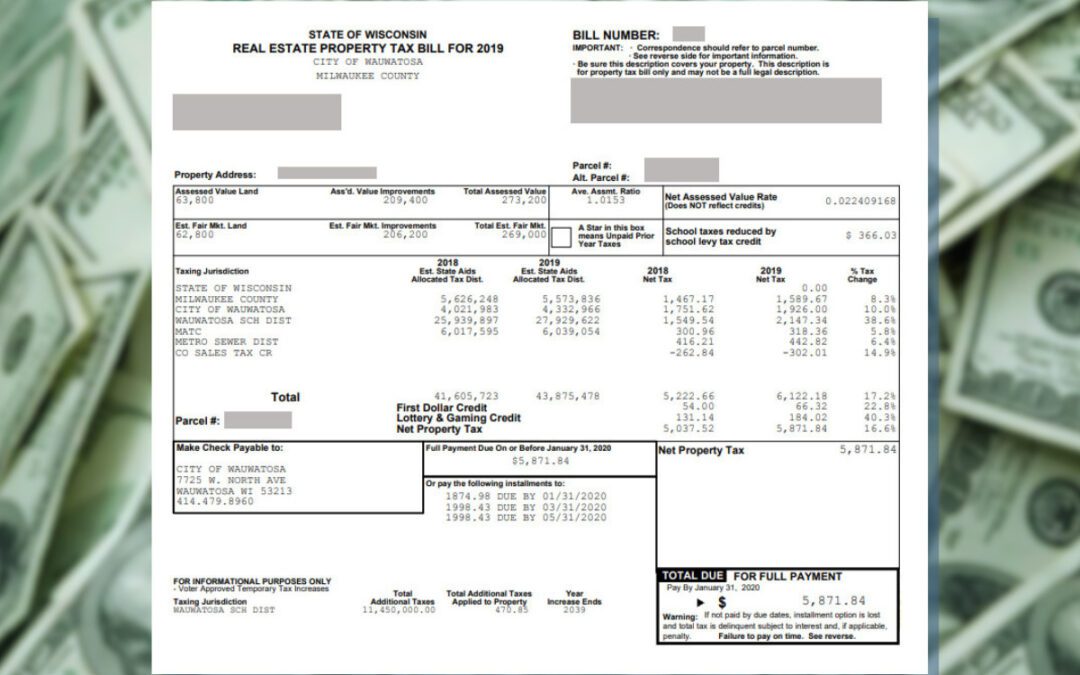
Here’s the real reason your property tax bill is likely much higher — and it’s not ‘the 400-year veto’
It’s not about greedy school boards, it’s about a Legislature literally passing the buck. Everyone would like a big year-end bonus—the kind Clark...
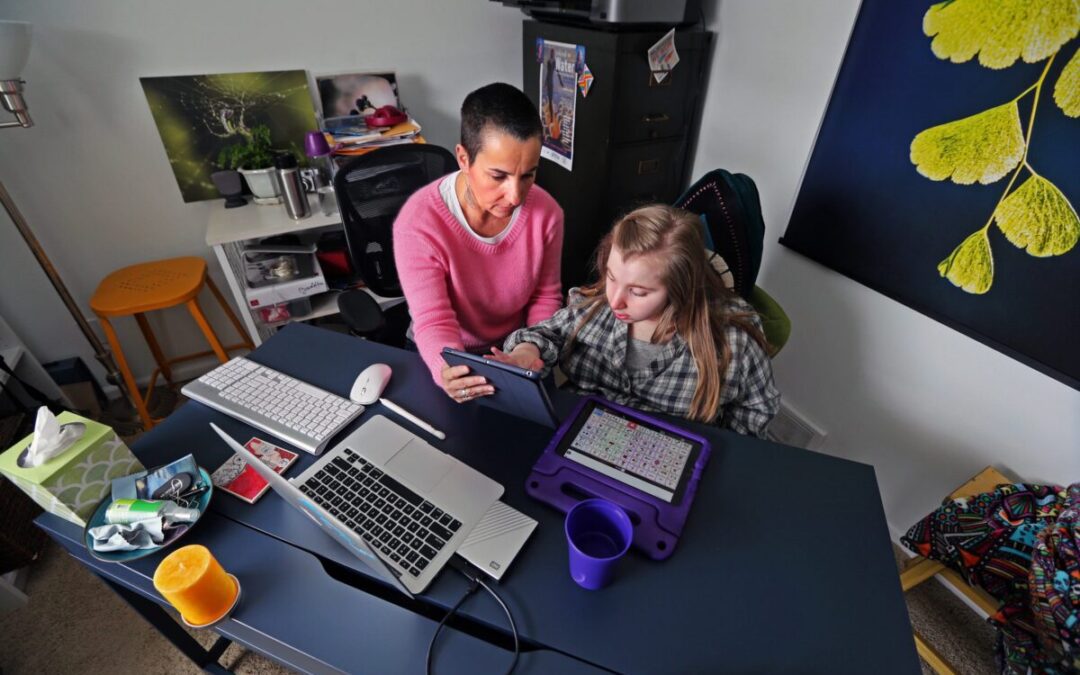
Virtual learning growing in Wisconsin, school leaders say
After eight hours of training at the Milwaukee Ballet Academy, Cecilia Smucker logs onto her laptop for four hours of online learning through...
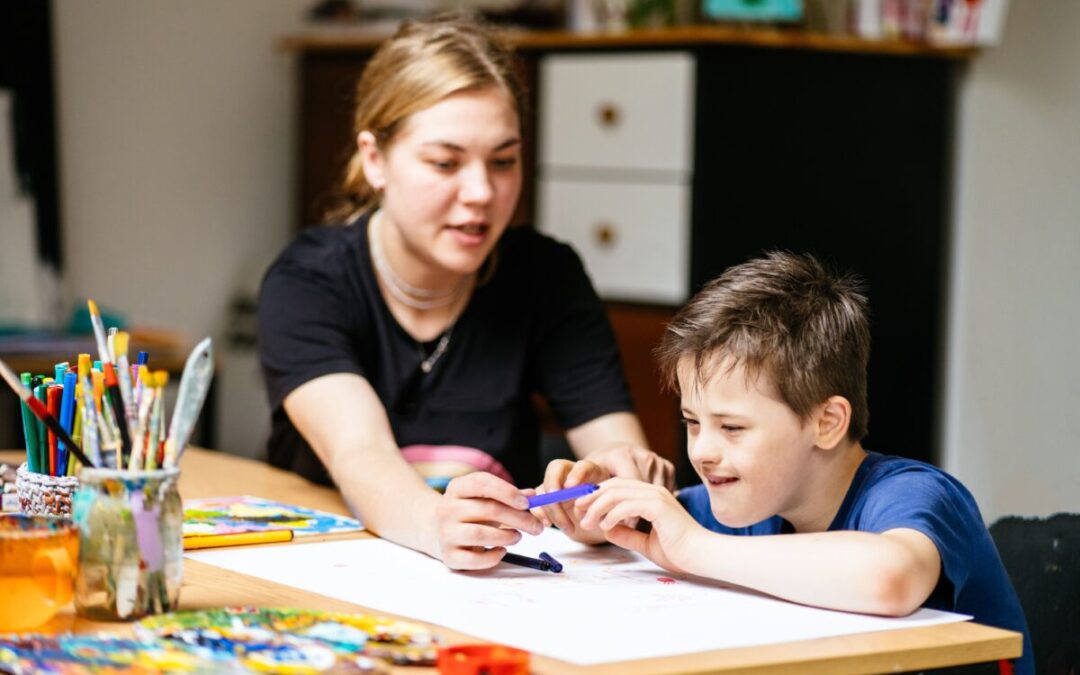
WI teacher: Federal special-ed cuts another blow to struggling state
By Judith Ruiz-Branch A Wisconsin teacher is voicing significant concerns about the recent federal special education cuts and says it’s an...
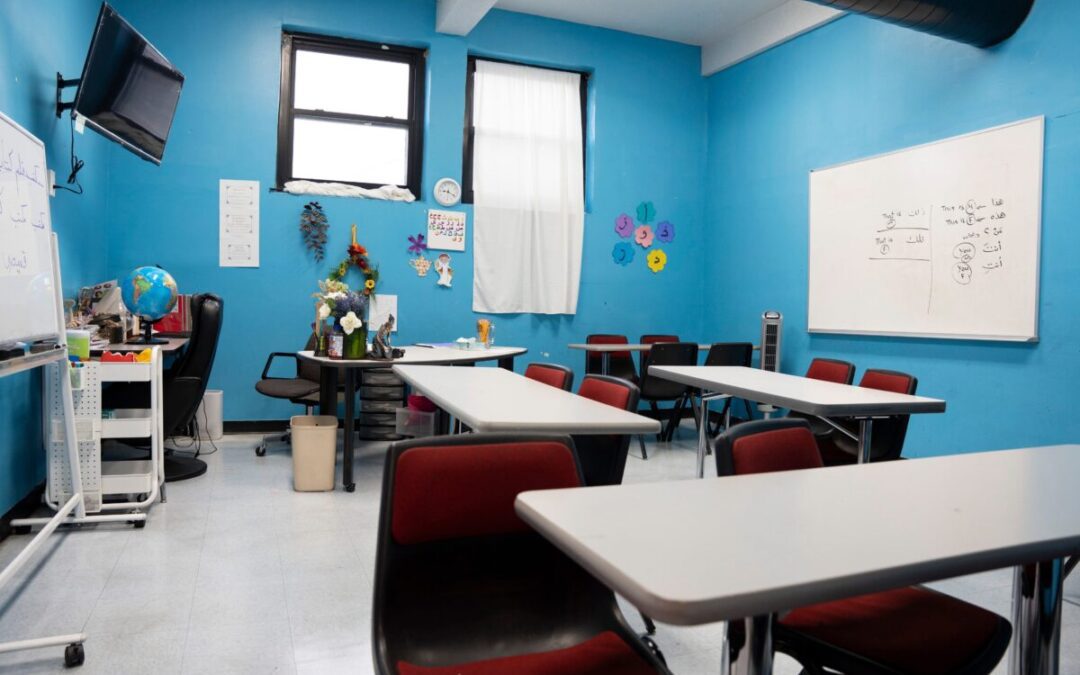
Wisconsin public school enrollment declines continue as vouchers grow, new data show
Enrollment in Wisconsin's public school districts has continued to fall, while other types of schools are gaining students, according to the state's...




